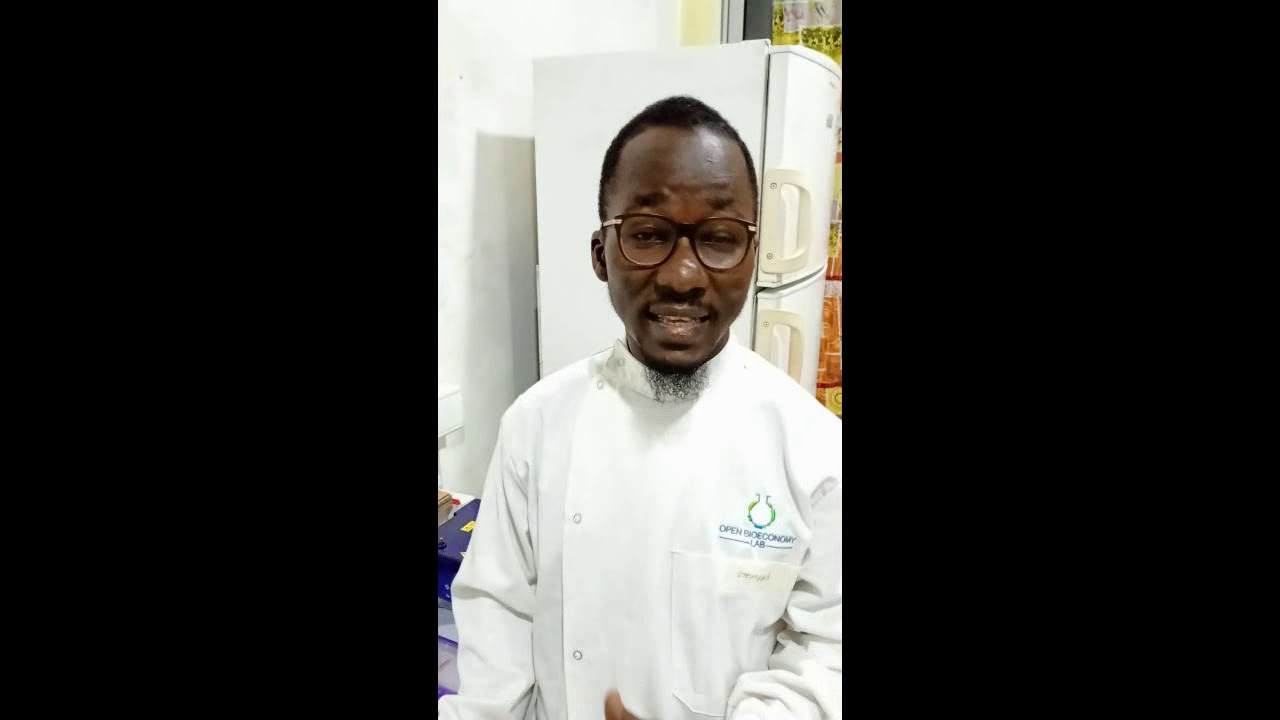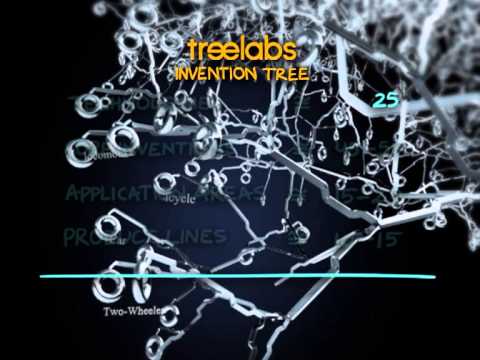Thanks to @gbathree for introducing me to this forum. I could
skim through some of the posts, and very excited to see the high
quality of the discussions here.
We (TREELabs) have been exploring a model of sustainable
economic development using innovation. We wish to keep the
core values of freedom and justice for every individual and the
planet as a whole, central and sacrosanct. It has its core ideas
borrowed from the open source / free software movements, but
added a few to address the gaps for creating large scale impact.
An example of limitations experienced in open source software:
Although open source software has made tremendous inroads
and impact to the world, the reality is that every piece of software
that is developed has to run on hardware that is not open-source.
Software can be readily copied and disseminated. Hardware
often requires extremely expensive infrastructure and resources
to manufacture. Compare: open-source software development
projects may run into 10-20 million USD, but to set up a plant to
manufacture the latest microprocessors would go in excess of
10 billion USD ( ratio of nearly 1000 !). This is therefore outside
the realm of conventional open source funding mechanisms.
Here is a short (7min) presentation about Treelabs:
Although the wording is a bit India-centric here, but the idea is
not limited to India
Our key thoughts and considerations:
-
How to innovate - as an algorithm, if possible? How do we
excite young minds to explore and think out of the box? How to
innovate that is wealth-producing and ‘humane’?
-
How to keep ownership of innovations in the Commons
(and not privately with conventional corporations)? Current
system is based on a monopoly-centric thinking.
-
Funding mechanisms : Need a self-fueling approach. If
funding comes from outside, so will the associated vested
interests.
-
Create distributed local solutions locally. How to enable
such mechanisms?
-
Creating meaningful and local jobs in large numbers. Let
the activity be sustained with local wealth creation. When
anyone is starving and helpless, it is difficult to expect them
to innovate (which is usually a luxury activity for the mind).
-
How to incorporate and ensure the use of environmentally
sustainable principles? Judicious and sustainable use of resources
like energy, water, materials, food, etc., is obviously important.
-
How to create mechanisms for ‘humane’ values (as against
selfish interests) to go in self-propagating mode, hand in hand
with innovation and wealth-creation?
-
How to allow good ideas and mechanisms to go viral without
‘preaching’? One has to implement this without sounding like
doling out sermons. Better still if it can be a silent revolution.
-
How to create a distributed (with rural emphasis) model for
creation of abundant wealth. Cities are environmentally (and
therefore economically) unsustainable in the way we have
designed them. The way forward has to be a model that does
not mimic the energy and resource sinking current urban
framework.
The rising of corporate juggernauts and ‘banana’ / sycophant
governments worldwide is a concern. Can we create mechanisms
to not allow excessive powers in the hands of a few? How do we
restore a balance from the existing baggage of history thrusted
upon common people? Assuming that these problems will go away
without a clear path and action is just wishful thinking. Can we
evolve into ‘open-source governance’ and truly become a world
without conventional boundaries?
Here in an examples of the approach:
Using less energy (as a key resource) is important, and even
better if this energy is generated locally, if possible :
Nearly 30% of food produced worldwide is wasted due to lack
of adequate refrigeration alone ! Even at a personal level, we
tend to store food in refrigerators / cold-storages to prevent it from
getting spoiled. Energy used by even a small home refrigerator
is around 100W (or 8.64 MJ over 24 hours).
Compare this with the process of creating an evacuated space
(possibly with a brief UV exposure) in which food is stored. The
energy spent ideally would be PV (where P is the atmospheric
pressure and V the volume being evacuated). For an evacuated
space of 1 liter, the work done would be only around 100 Joules !
Whereas the absence of oxygen would not allow the aerobic
pathogens to grow, the UV exposure (estimate another 100 J)
takes care of the anaerobic pathogens. The evacuated space
itself can maintain itself for weeks, if not longer, thereby not
letting spoilage to set in. Thus the ratio of energy consumption
from the two approaches is 50,000 or more !
This way not only have we prevented food spoilage, a valuable
resource, but also not burnt large quantities of fossil fuel. Given
that this is an essential need for practically everyone, one can
estimate its large scale impact for the world.
Here is another example (Ice Maker):
In this model being pursued, we use wealth creating ideas
to create local economic solutions (businesses, run by and
employing local people) that is a win-win for everyone and
the planet.
Hope to learn a lot from all of you. Apologies for a very long
post.



 I am particularly interested in developing technical means to search and match local skills together, but also with global resources, and ensure that things happen. I am not yet sure how to do this.
I am particularly interested in developing technical means to search and match local skills together, but also with global resources, and ensure that things happen. I am not yet sure how to do this.